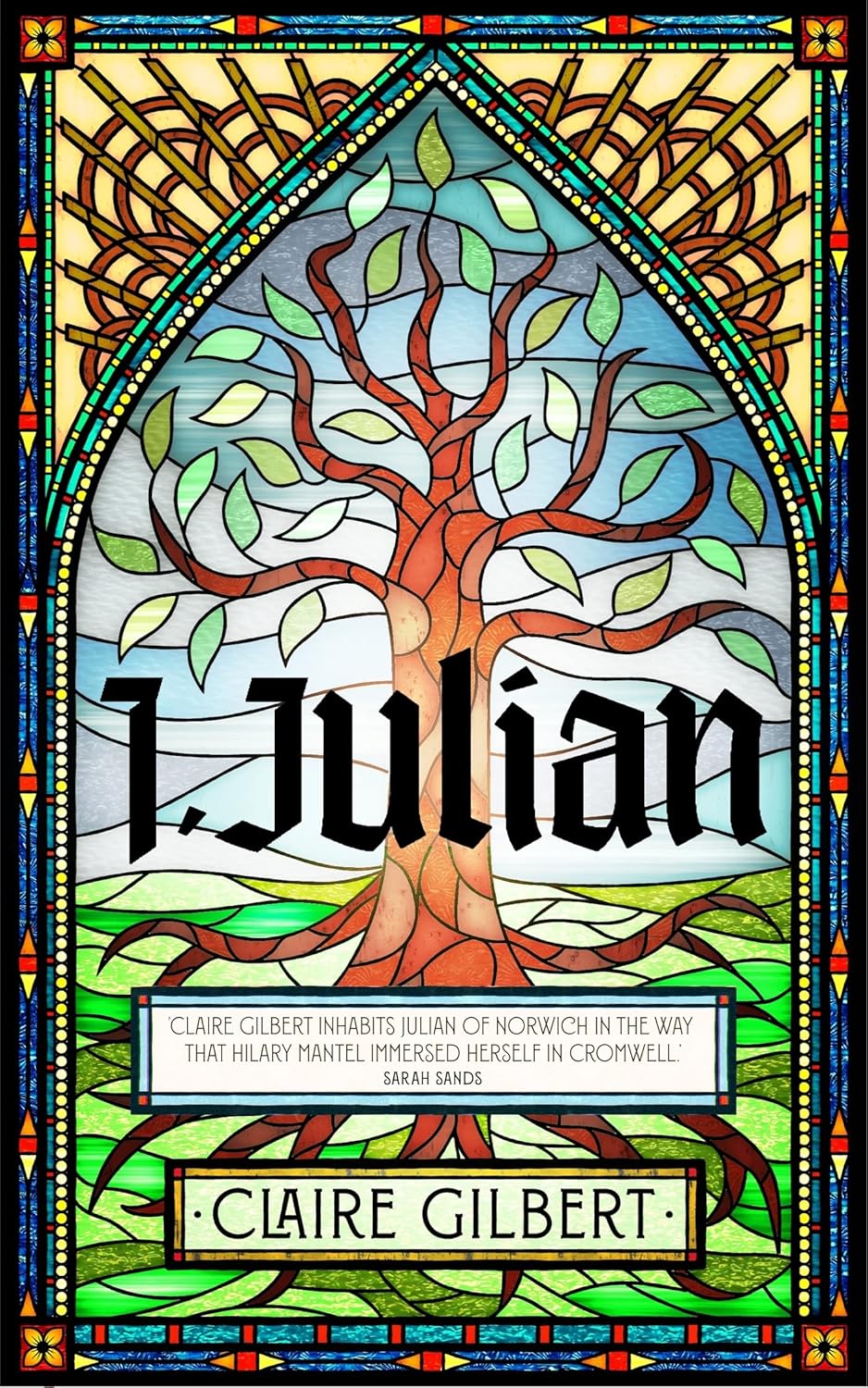About this deal
In 1347, the first pestilence rages across the land. The young Julian of Norwich encounters the strangeness of death: first her father, then later her husband and her child. When she falls ill herself, she encounters mystical visions that bring comfort and concern. But in the midst of suspicion and menace, when the Church is actively condemning heretics, Julian is not safe. As one of the medieval mystics I studied as a special subject in my Oxford theology degree. What most drew you to Julian? As the treatment drew to a close, Claire states that she heard a call to tell Julian’s story in the first person, in homage to her. The fictional autobiography I, Julian, published with unexpectedly appropriate timing at the 650th anniversary of Julian’s May 1373 visions, is the result. I was fascinated by the story but felt the tension Julian was feeling. She was writing things that did not fit what the Roman Catholic church was teaching at the time. She was sometimes misinterpreted by both the Lollards and the Catholic Church. While at times I wondered if I should read her actual writings, I also wondered if I should ask my priest if this was heretical and I should avoid. In the end, I decided I do not want to read what has been attributed to her as there is no proof that she was the author - there are several hundred years between her "writing" and the oldest manuscript in existence. Perhaps that is because her writings were hidden as this book suggests. Or perhaps the writings attributed to her were actually written by someone else.
Many thanks to Holder & Stoughton and Net Galley for the copy of this book in return for an honest review. It meant I knew the text really well; I was secure in my understanding that there was an ecological dimension and that her method is porosity. Porous encounters take place again and again in the book. What is Julian's most important message for us? What should we take away from reading about her life and work? P.S. This story reminded me of Margery Kempe, an English Christian mystic. If you enjoy stories of women’s lives in Middle Ages, I also highly recommend Revelations by Mary Sharratt. At nineteen, her mother wants her to marry, but Julian doesn’t want to obey a man and bear children. She prefers solitude. Her mother insists on her meeting Martin, a wool merchant. Julian does and realizes that beneath his strong appearance there is tenderness. She thinks the city will be bearable when she is with him.
Why did you decide to write the book in the first person?
Thanks to NetGalley and Hodder & Stoughton for the chance to read this ARC ahead of its release later this year. both gripping and profoundly believable -- Santha Bhattacharji, Fellow Emeritus, St Benet's Hall, University of Oxford Tender, luminous, meditative and powerful, Julian writes of her love for God, and God's love for the whole of creation. 'All shall be well, and all shall be well, and all manner of thing shall be well.'
After the death of her father in the first great pestilience, Julian finds herself wanting to retreat from everyday life. Her mother lives alone in a small cottage but Julian is expected to marry and does so. Her husband is kind and Julian becomes a mother but both are taken from her by the next wave of pestilence. Despite having an offer of marriage Julian wishes to live a contemplative life but a serious illness leads to powerful visions and Julian realises she wants to dedicate herself to God. When an opportunity to become an anchoress presents itself, Julian chooses to this and lives for many years, accompanied only by a servant. Despite opposition from the heretic-seeking Church, Julian commits her visions to parchment. Moving forward Julian lives through various waves of the pestilence, and loses some of her beloved to this, as lots of death occurred during those sad times due to it. We spoke to Claire to find out more about her book and what led her to write it. How did you first come across Julian of Norwich? It’s not always an easy book and some of Julian’s reflect are quite removed from our experience. She lived centuries ago but her words, her spiritual experience can inspire and make us reflect now.I was completely hooked and considerably moved by the life and thoughts of this exceptional woman -- Jeremy Irons While Gilbert’s writing was of remarkable merit, I found the pacing of the novel to be, at times, frustrating. The life of an anchoress is not one of action, of course, but Gilbert’s prose is largely centered around Julian’s mystical visions and the ripples they create within her faith, and these revelations often felt repetitive. I think there is more labor that could have been done with Julian’s character. By the time she makes the decision to go into hermitage, I was not thoroughly convinced of the weight of her past trauma that Gilbert outlines in the beginning of the text. There’s a lot of spiritual strength in this fictional Julian: an unusual woman with a need for me-time and a direct relationship with the Divine. Claire Foster-Gilbert inhabits Julian of Norwich in the way that Hilary Mantel immersed herself in Cromwell. This is living fiction. -- Sarah Sands
 Great Deal
Great Deal 